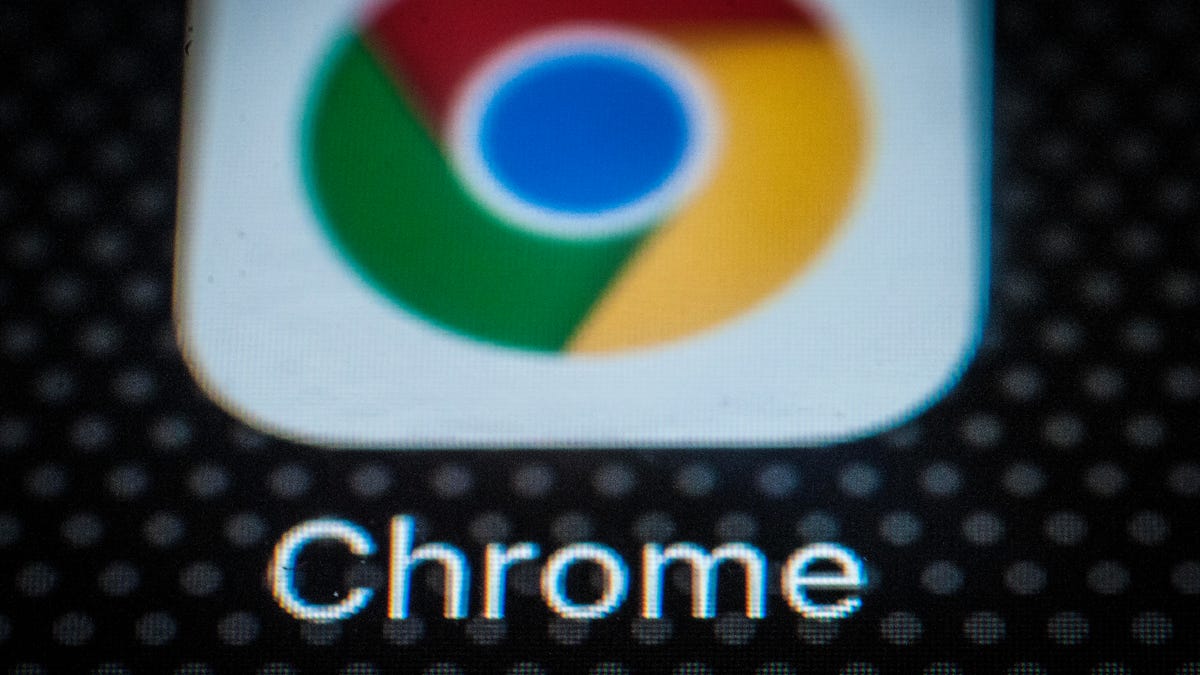Google's Chrome will soon crack down on sites that trick you into a subscription
The search giant's next big update for its Chrome web browser is coming in December, and it's got a lot of consumer-friendly features.

Google wants you to know its Chrome browser is looking out for you.
You probably don't think too much about whether your browser will protect you from the bad parts of the internet, but Google's Chrome is hoping to change that.
Google said it plans to tune up the web browser, used by nearly two-thirds of people on the internet, to crack down on pages that are out to trick you into signing up for subscriptions. The changes, coming in a free update called Chrome 71 in December, could protect millions of people each year from being scammed, Google said.
The way it sometimes works is that a game, for example, will ask you to hand over your mobile number in order to play. Then nefarious people would use that information to charge you money through your carrier, which you likely wouldn't even notice until your monthly phone bill arrives.
"We want to make sure Chrome users understand when they are going through a billing flow and trust that they'll be able to make informed decisions while browsing the web," Google said in a statement.
The move is the latest change from Google to make its Chrome browser more consumer-friendly. Google's also said it plans to add tools to help Chrome crack down on abusive advertisements, like popups you can't easily click away from, effectively cutting off revenue for websites that behave badly.
Google's not the only company that says it's looking out for you. Mozilla's increasingly pushed consumer protections with its Firefox browser, such as blocking trackers. Apple , as well, said its latest Safari browser, released this fall, made it "dramatically more difficult for companies to identify and track you." And Microsoft's Edge browser has new features to protect your passwords and make it easier to log into your favorite websites.
In the case of iffy subscriptions, Google will change the webpage screen to show a warning, "The page ahead may try to charge you money." People could then click "go back" or "proceed." Google says it wants websites to have clear and visible billing information where people can easily see costs and fee structures before accepting the terms.
To keep from hurting legitimate sites, Google said it plans to notify all sites it warns people about to ensure they have a clear billing process.
CNET's Holiday Gift Guide: The place to find the best tech gifts for 2018.
Best Black Friday 2018 deals: The best discounts we've found so far

